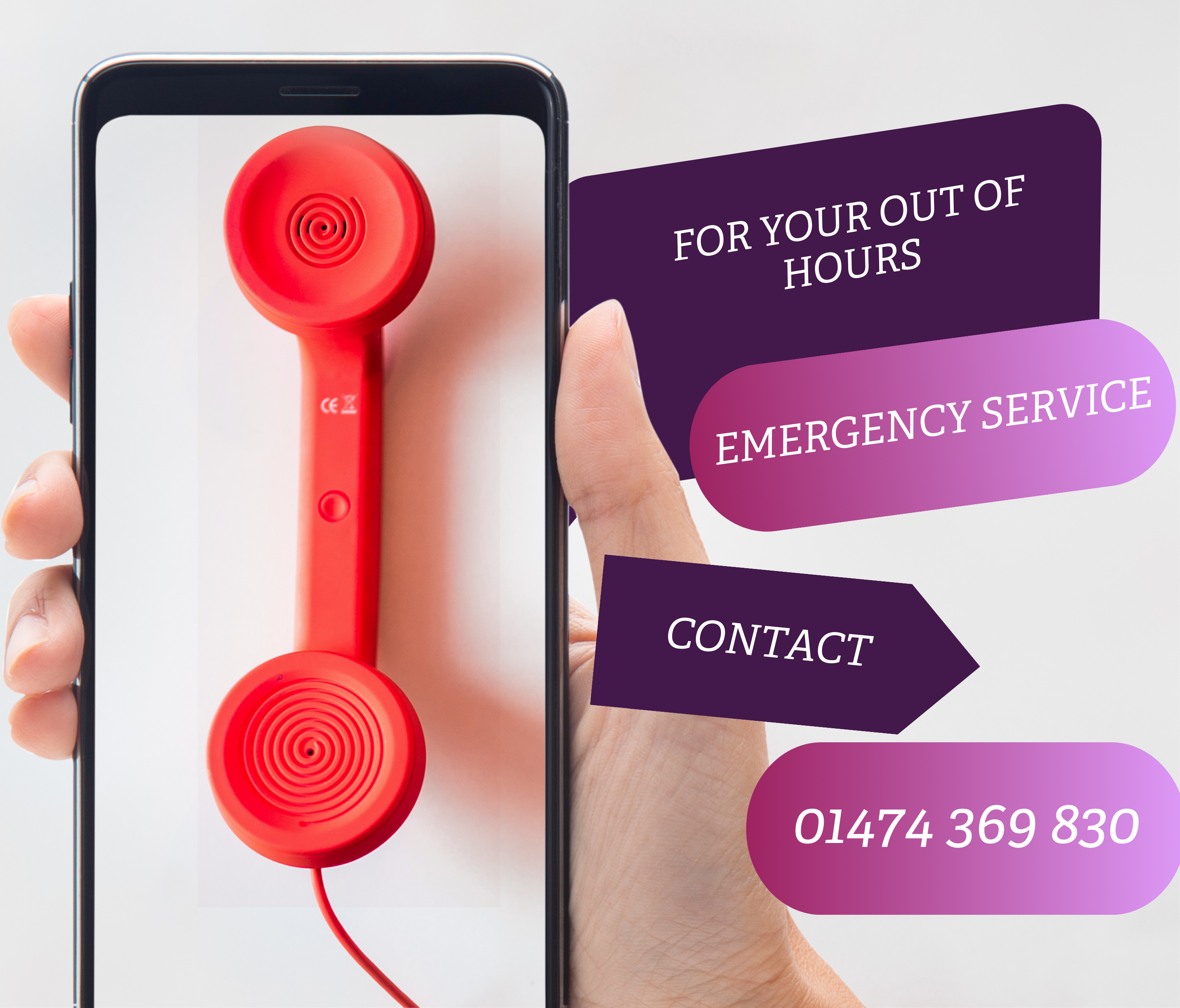Understanding Emergency and Non-Emergency Situations

At GCHA, we prioritise the safety and wellbeing of our residents. It’s important to understand what constitutes an emergency so that our out-of-hours services can respond quickly and effectively when urgent assistance is needed. Below, we’ve outlined examples of both emergency and non-emergency situations to help clarify when to seek immediate help.
What is an Emergency?
An emergency is any situation that poses an immediate risk to health, safety, or property. If you encounter any of the following, contact us or our emergency services immediately:
- Broken or frozen pipes: Potential to cause flooding or severe property damage.
- Flooding: Any water ingress that cannot be contained.
- Broken door or lock you cannot secure: If your home cannot be locked, it’s an emergency.
- Gas leak: Evacuate immediately and call the emergency gas number.
- Sewer backup and flooding: Poses health risks and damage to property.
- No heat in winter: Essential during freezing conditions.
- Electrical issues: Sparking, exposed wires, or no electricity at all.
- Water emergencies: Situations causing significant damage or safety concerns.
- Leaking roof: Only if it’s causing severe water damage.
- Carbon monoxide detection: Leave immediately and seek help if your detector alerts you.
- Extended power outage: If it poses risks to health or safety.
- Intruder break-in: Report to the police and contact us for property security.
- No air conditioning in extreme heat: When outside temperatures are dangerously high.
- Fire: Always call 999 first for fire emergencies.
What is NOT an Emergency?
Some situations, while inconvenient, are not classified as emergencies. These can be addressed during normal working hours:
- Burnt out lightbulbs or fixtures: Routine maintenance issue.
- Appliance malfunction: Unless it poses a safety hazard.
- No hot water: Annoying but not immediately dangerous.
- No air conditioning: When outside temperatures are below 90°F (32°C).
- No heat: When outside temperatures are above 50°F (10°C).
- Noise complaints: Addressed by contacting your local council or police if persistent.
- Parking disputes: Can be resolved with neighbour communication or during office hours.
- Minor leaks: Small drips that don’t cause immediate damage.
What to Do in an Emergency
If you experience an emergency, contact our out-of-hours service, Careium, for assistance.
For issues involving fire, gas, or intruders, call 999 first to ensure your safety.

Supporting You Every Step of the Way
Our goal is to provide clear and effective support for all our residents. By understanding what counts as an emergency, you can help us respond quickly to urgent situations and keep our community safe. For non-emergency issues, please contact us during normal office hours, and we will assist you as soon as possible.
This guide ensures that help is available when it’s needed most while encouraging appropriate use of our emergency service. Thank you for working with us to maintain a safe and supportive community!